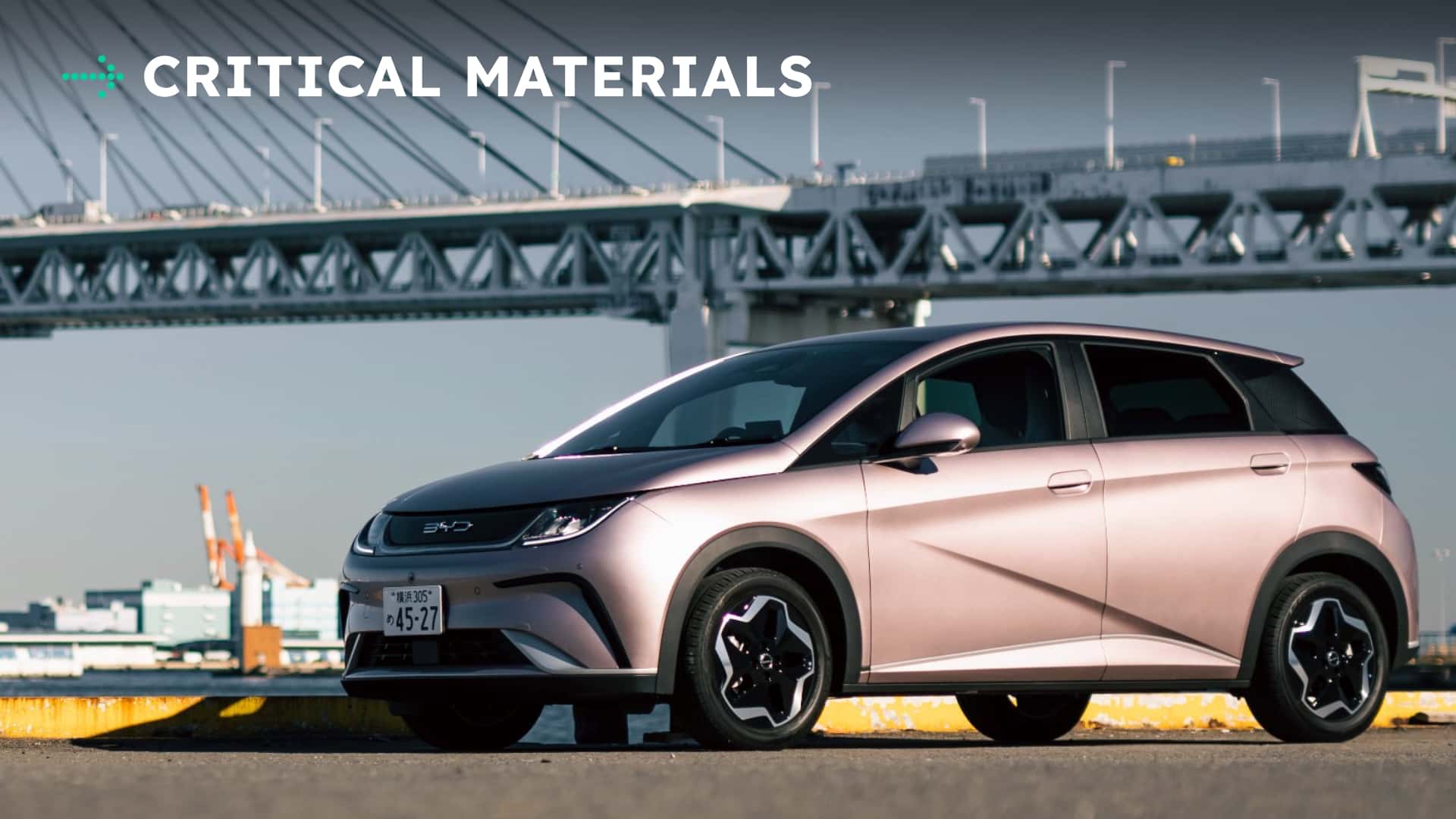
"Japan's new car market is an infamously tough nut to crack. While you may see the occasional Mini Cooper or Renault in a tight Tokyo parking space, or a well-heeled businessman in a BMW or a Mercedes-Benz, or the supercar set coming out to play at night, Japanese car buyers overwhelmingly favor their domestic brands. That's why so many people watched Chinese giant BYD's entry into the Japanese market with such interest."
"Small-engined kei cars rule the day, and due to persistent challenges around natural resources and power generation, plug-in cars have never really caught on over there. And when buyers go "foreign," they go with premium luxury brands, usually European ones. But compact size, fuel economy, affordability and reliability rule the day, and few outsider brands have been able to meet those needs. And most EVs you see there are overwhelmingly Teslas, punctuated by the occasional Nissan Leaf."
Japanese car buyers overwhelmingly prefer domestic brands, favoring small-engined kei cars that prioritize compact size, fuel economy, affordability and reliability. Plug-in cars and EV adoption remain limited due to resource and power-generation challenges, with Teslas and occasional models like the Nissan Leaf representing most electric vehicles on the roads. BYD entered Japan amid strong global gains but has struggled in its initial two years of sales, resulting in weak volumes and a strategy of steep price cuts to stimulate demand. The United States auto sector shows broader economic warning signs, and Mercedes is pursuing novel steps to reduce its carbon footprint.
Read at insideevs.com
Unable to calculate read time
Collection
[
|
...
]